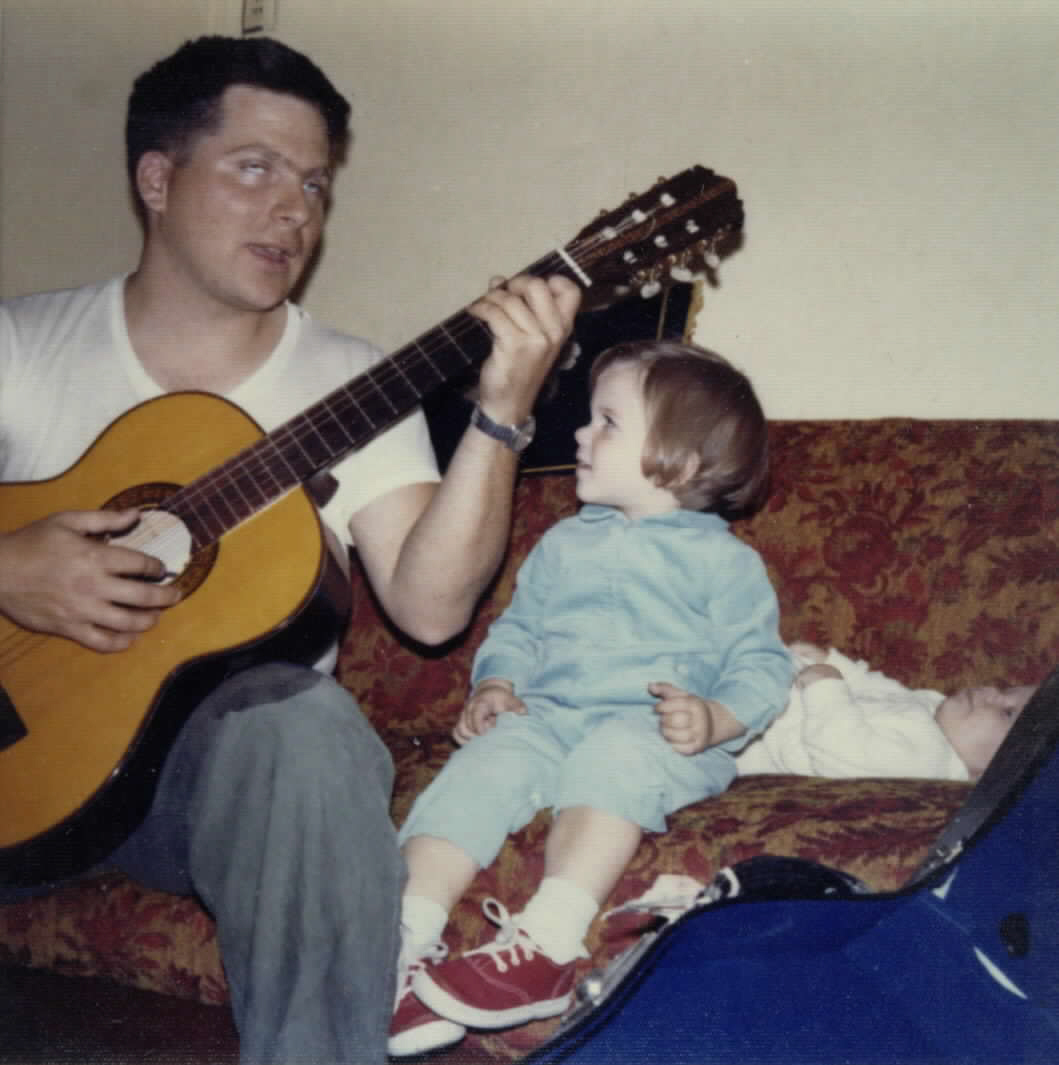
October is Selective Mutism Awareness Month
She talks. A lot. Sometimes.
Sometimes she can’t speak at all.
This communication disability is called selective mutism. It’s really an unfortunate term for the condition because the word “selective” sounds like a choice. It’s not a choice. There are times when she cannot force words to come out of her mouth.

I haven’t talked a lot about my daughter lately, and especially not about her mental health issues. I’m very careful about violating her privacy, especially since she reached the teen years. But this time, she came to me and asked me to write about this issue, and her experience.
“Most of the time,” she said, “It would be easier for me to just speak than it is to deal with people who get mad when I don’t talk to them. I don’t want to be mute.” Teachers, principals, even friends get angry with her when she doesn’t respond to them with spoken words.
Old friends she hadn’t seen for a while insist they know she can talk and get irritated with her silence, often even assuming that she is mad at them, or even that she thinks she’s too good to talk to them.
So, what is Selective Mutism?
Selective mutism is a rare disorder, a communication disability, affecting less than 1% of kids. It is related to anxiety disorders, and often co-occurs with autism and hyperlexia. There really isn’t a lot of information on this condition, but it is one in which an intense anxiety reaction causes a freeze response and prevents the individual from speaking aloud. Sometimes this situation can prevent communicating altogether, but more often sign language, gestures, and writing can be used to respond.
This becomes especially problematic when others become angry and demand a verbal response, which amps up the anxiety even more and makes the problem worse. Traumatizing someone for having anxiety wont reduce their anxiety.

How can I help?
Interacting with someone experiencing selective mutism can be very much like interacting with someone with a stutter. The most helpful thing you can do is to exercise patience. It can be frustrating, I know. It’s very difficult to remain calm while you’re waiting for a response, but the more demanding you are, the more frustration you demonstrate, the more you behave as though they’re being defiant, the worse the situation gets. Allow them to respond on their own terms and you’ll actually get more information than if you demand that they speak.
- Be kind.
- Be patient.
- Pay attention to their non-verbal behavior.
- If you think you understand but you’re not sure, you can ask. “I think you’re saying you want to go home. Is that right?” Then they can nod or shake their head in response. Based on that response, you can ask more questions.
- If you have writing implements available, you can offer those. My daughter keeps a pad of sticky notes and a pen with her at all times. When people allow her to respond that way, they get the most complete and accurate response.
- Share this story. The more people understand what selective mutism is, and how they can help (or at least not make the situation worse), the more it makes the world a little kinder and helps people living with this condition.
The simple act of being aware of selective mutism and understanding that this communication disability is not a choice, makes a difference, even if you do nothing else.










